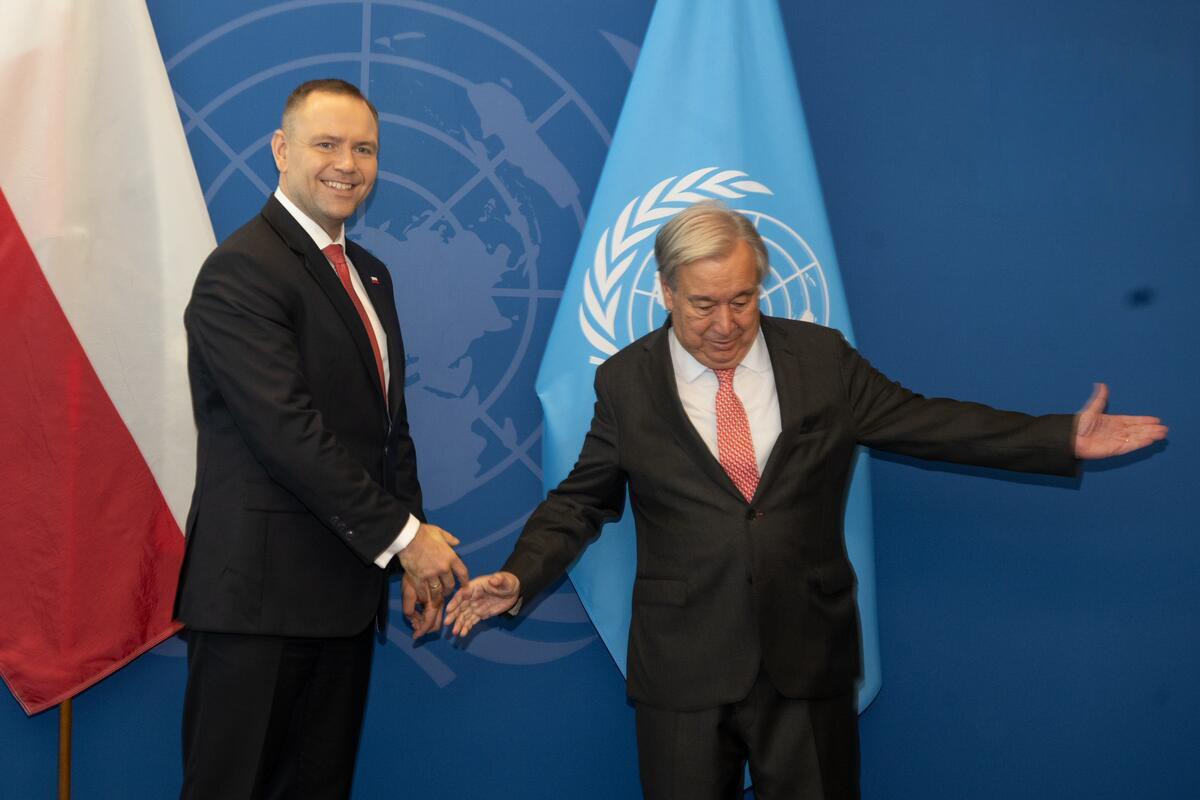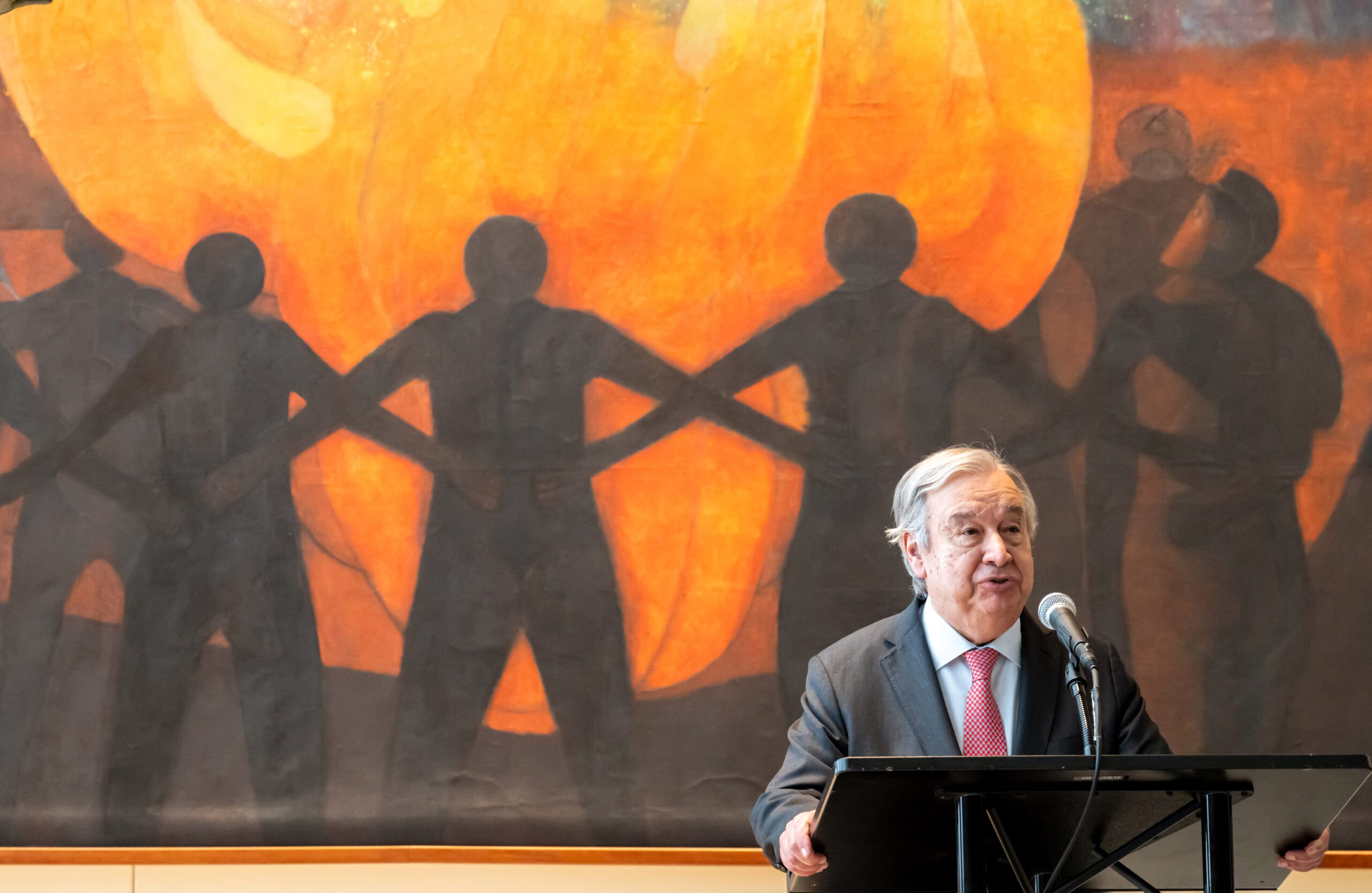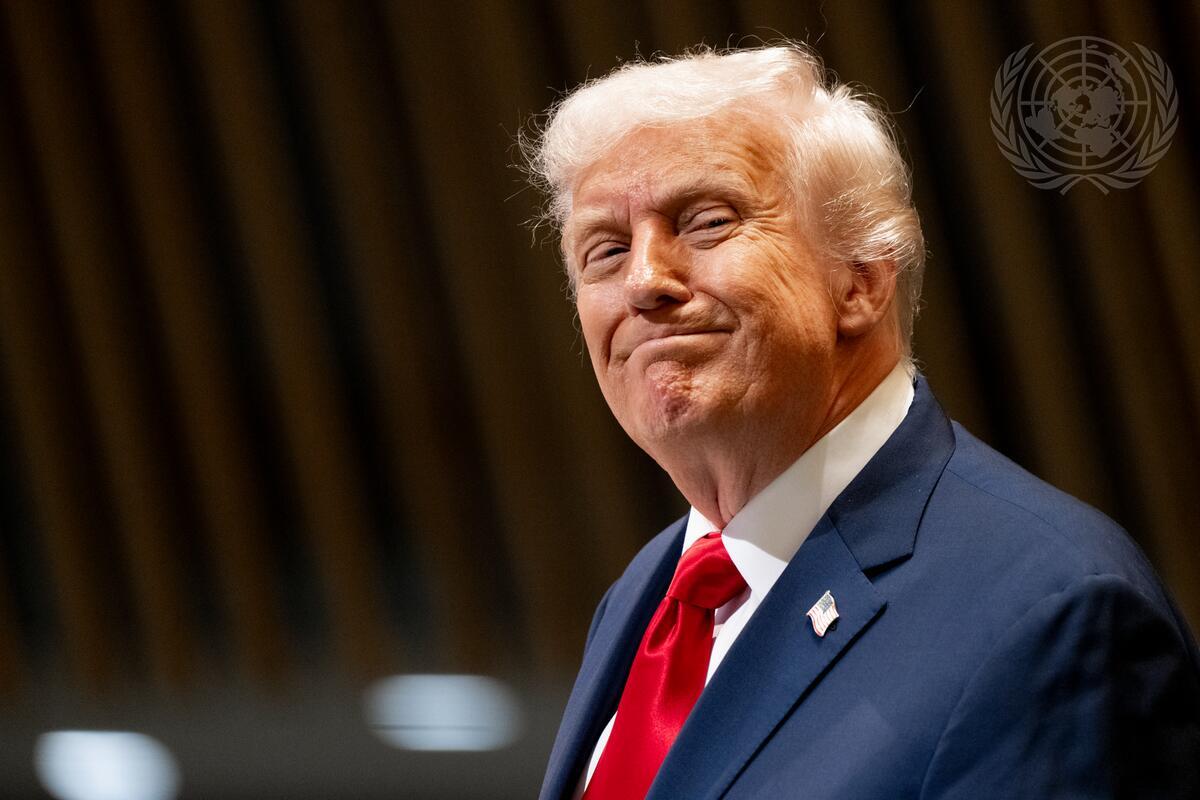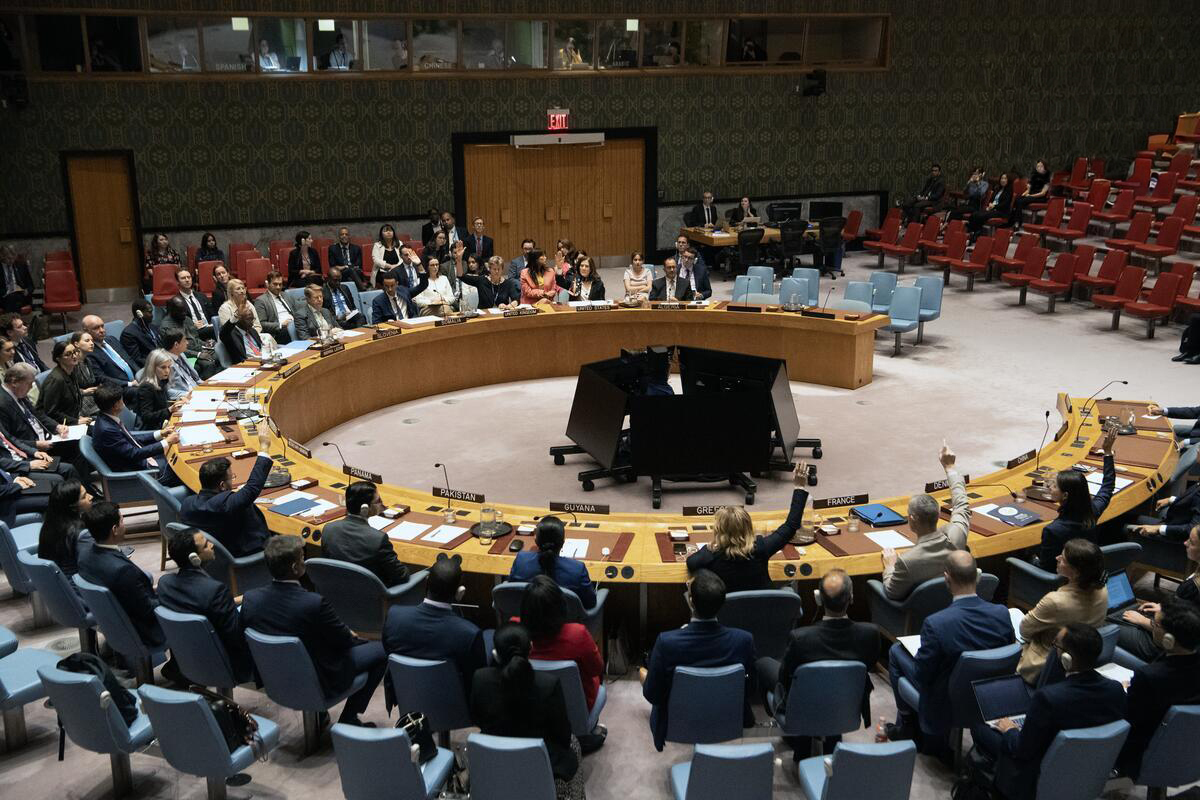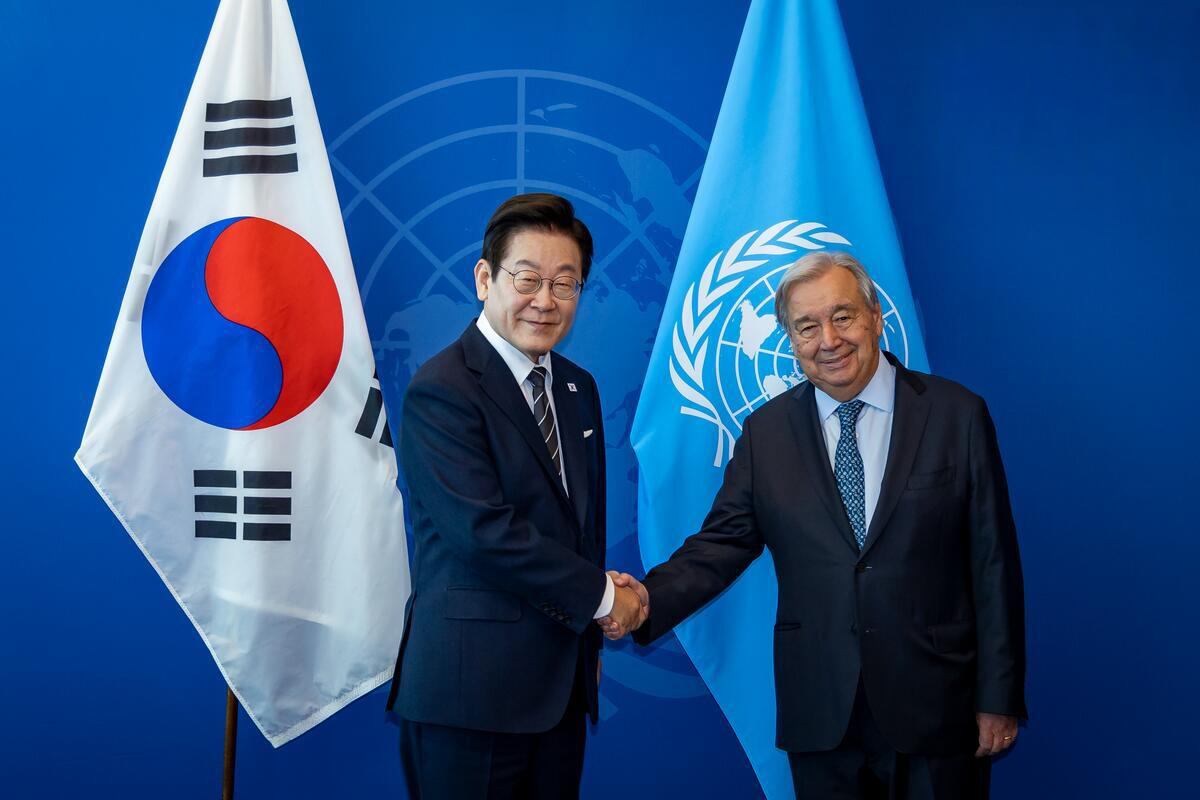The United Nations opens its 80th General Assembly this week, a milestone session meant to celebrate eight decades of diplomacy and collective action. Yet the mood in New York is anything but celebratory.
The war in Gaza, grinding on into its second year, has left more than 65,000 Palestinians dead and pushed the enclave to the brink of famine. Allegations of genocide, a paralyzed Security Council, and a fast-shifting international debate over Palestinian statehood will dominate both the Assembly’s sprawling general debate and a high-level Security Council briefing scheduled for Tuesday afternoon.
The annual debate — often described as the “world’s biggest stage” — will bring leaders from 193 countries to the podium over six days. This year’s theme, “Better together: 80 years and more for peace, development and human rights,” is aspirational, but the reality is sobering: a war that has exposed deep rifts in the international system.
A War Without End
On September 15, Israel launched a new ground offensive into Gaza City after weeks of punishing bombardment. The UN human rights office said the strikes have destroyed the last remnants of civilian infrastructure, leaving little chance for survival for those still trapped inside.
The humanitarian toll is staggering. UN agencies confirm famine in Gaza governorate, warning it could spread to Deir al-Balah and Khan Younis before month’s end. Aid deliveries remain snarled by restrictions, insecurity, and looting. Nearly 30,000 children under five are suffering from acute malnutrition, double the number seen in the first half of the year.
Last week, a UN Commission of Inquiry concluded that Israeli authorities have committed genocide in Gaza, citing mass killings, systematic destruction of conditions of life, and measures aimed at preventing births. The report is likely to be a focal point at Tuesday’s Council meeting.
A milestone meant for reflection is instead overshadowed by war, famine, and charges of genocide — with the Palestinian question now defining the UN’s future credibility.
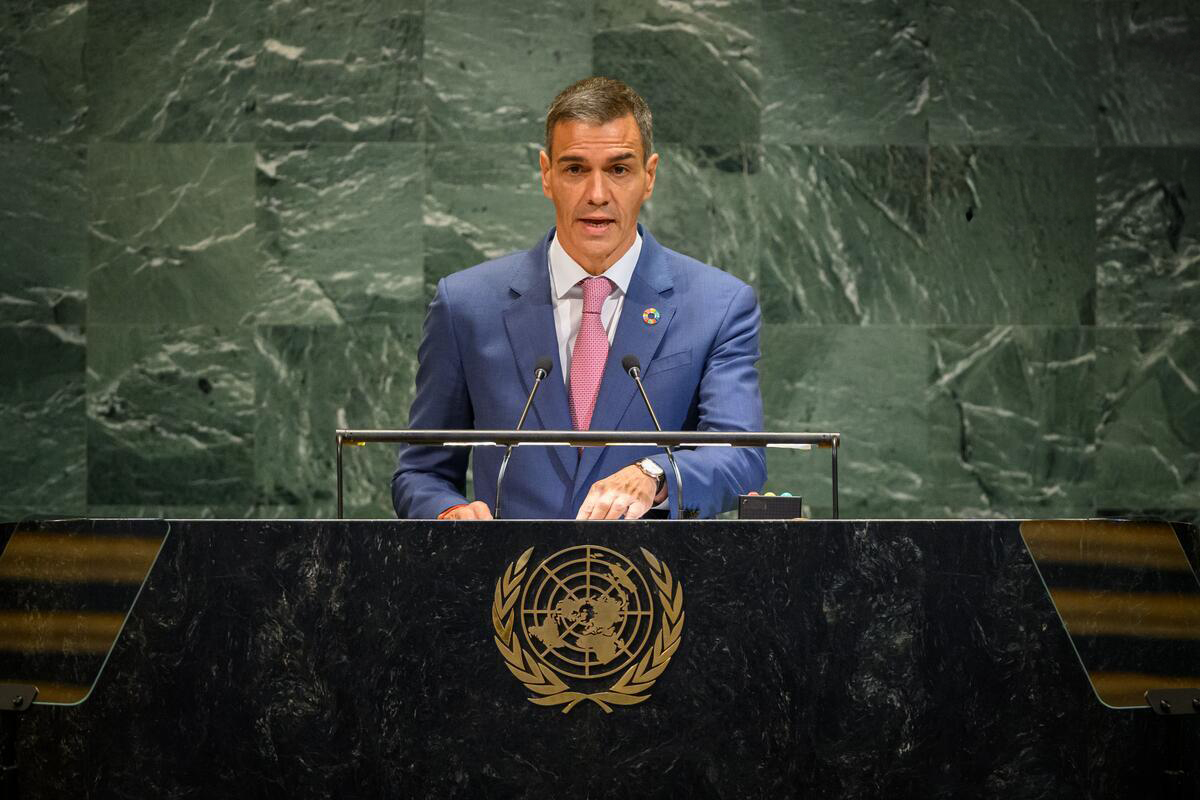
Fractured Diplomacy
The Security Council has been no more effective in stemming the violence than in past Middle East crises. On September 18, the United States vetoed a draft resolution calling for a ceasefire, the release of hostages, and unhindered humanitarian access — a move that deepened its isolation within the Council.
Washington has continued to back Israel’s military campaign, insisting any truce must lead to Hamas’ disarmament. Other members, led by the Council’s elected ten, argue the priority must be stopping the bloodshed and delivering aid.
Even US-backed ceasefire talks have faltered. Israel accepted a proposal for a 60-day truce and prisoner exchanges earlier this month, but Hamas’ response was derailed by an Israeli airstrike targeting its leaders in Doha. That strike, condemned by both the Security Council and the Arab League, underscored the fragility of any diplomatic progress.
Beyond Gaza: A Broader Eruption
The violence is not confined to Gaza. In the West Bank, raids by Israeli forces and settler attacks have killed nearly 200 Palestinians this year, including children, while displacing thousands. Movement restrictions, demolitions, and closures have further deepened tensions. Aid officials warn that the West Bank risks spiraling into its own humanitarian crisis.
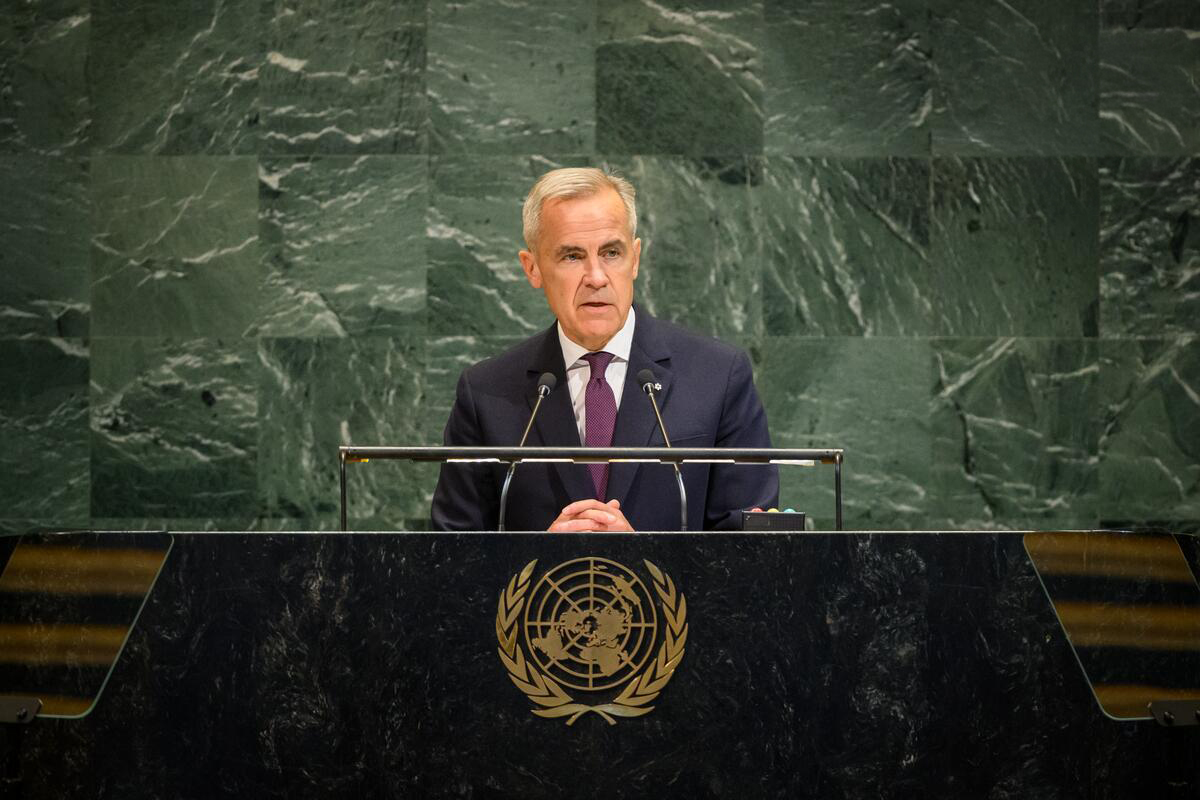
Statehood Momentum
If the Security Council is paralyzed, the General Assembly has become the arena where momentum is shifting. On Sunday, Australia, Canada, Portugal, and the United Kingdom formally recognized the State of Palestine, joining about 140 other UN members. France, Belgium, and Luxembourg are expected to follow in the coming days.
Last week, the Assembly endorsed a roadmap envisioning a ceasefire, the release of hostages, Hamas’ disarmament, and a two-state solution — with Palestinian statehood and normalization between Israel and Arab countries at its core. For many diplomats, it marked the most serious multilateral attempt in years to revive a political horizon.
Israel has reacted with fury. Some officials have openly threatened to annex the West Bank, and in July the Knesset passed a non-binding resolution calling for just that.
A Stage Set for Confrontation
As presidents and prime ministers file into the Assembly Hall this week, Gaza will loom over nearly every speech. US President Donald Trump, France’s Emmanuel Macron, and Brazil’s Luiz Inácio Lula da Silva are among the early speakers expected to stake out their visions. Many leaders from the Global South are likely to place the Palestinian question at the center of their appeals, framing it as a test of whether the UN can still uphold its founding principles.
Meanwhile, at the Security Council across the street, Foreign Minister Cho Hyun of South Korea will gavel in a special briefing requested by Islamic Council members. Secretary-General António Guterres will warn of the deepening humanitarian catastrophe, while member states — divided and weary — will trade familiar arguments.
Eighty years after the UN’s founding, the institution faces one of its most defining challenges: whether it can rise above paralysis and chart a path to peace, or remain trapped by geopolitical fault lines. For many in New York this week, the question is not just about Gaza or Palestine. It is about the credibility of the UN itself.

